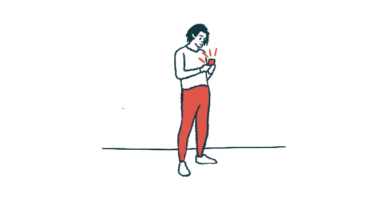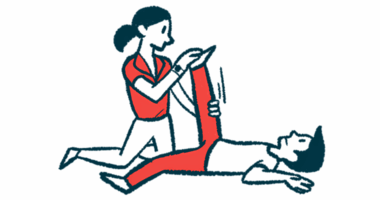Finding Time for Self-care When Caregiving and Parenting Collide

Are caregiving and parenting the same?
Caregiving is the activity or profession of taking care of one who is sick or disabled. A parent is one who brings up and cares for another. As the mother of two sons with hemophilia, I believe that caregiving and parenting are not equal.
Indeed, both roles are demanding and time-consuming. Most parents care for their children and hope to raise good, decent, healthy citizens. When a parent takes on the extra demands and stresses of their child’s illness, the parenting role gains a new dimension. Their child’s overall welfare is important, but now their physical well-being is in question. It becomes the parent’s responsibility to advocate for the child in a way they never imagined.
People often assume that the roles of caregiver and parent are interchangeable, but they are not. While parents are giving care to their children, when an illness becomes the focus for the entire family, the demands of parenting become overwhelming. Caregiving becomes intertwined with parenting duties, and there never seems to be any relief.
When my youngest son, Caeleb, was in second grade, hemophilia became bigger than life. Constant hospitalizations, clinic appointments, and bleeds that never seemed to resolve took priority. Trying to keep Caeleb in school was difficult. Working full time and caring for the needs of my oldest son and husband were pushing me to the limit. I was exhausted physically and emotionally.
Fortunately, my husband and I took turns staying with Caeleb at the hospital. We lived about 30 minutes away and made it a rule not to spend more than three nights in a row at the hospital. Even with built-in time to be home on occasion, the stress was enormous. Finding time to be renewed was close to impossible.
One day, my husband insisted that I go home for a few days. He knew I needed time away from the hospital because the week prior was unusually stressful. My friend asked me to go horseback riding that weekend, so coming home a day early meant I could ride. Riding on a Saturday was part of my regular routine, but when Caeleb was in the hospital, the horses had to wait.
I drove home late in the evening and cried the entire way. My heart hurt seeing my son in pain. I could not help him. I wanted to turn around and go back to the hospital, but I knew I needed time to breathe. The following day, I mounted my horse, and for the first time in what seemed like months, I took a deep, soul-cleansing breath.
In the middle of a medical crisis that lasts for months, important things are set aside. Healthy meals turn into stops at fast-food restaurants. Time at the gym is gone. Time to read, play, and have fun is gone. When parenting and caregiving collide, it is crucial to find time to care for oneself.
It’s all about balance. Finding a healthy balance between caring for a sick child and taking care of yourself is critical. It is not a selfish act. To be the best advocate for a child means that caring for the self is equally important. Amid a crisis, thinking about yourself often does not come naturally.
When a prolonged crisis occurs, find time to stop and evaluate the situation. Not only is the care of the child essential, but the parent/caregiver’s needs are equally important. Sometimes it takes the urging of a close friend or family member to help the parent/caregiver step away. That could be precisely what is needed.
***
Note: Hemophilia News Today is strictly a news and information website about the disease. It does not provide medical advice, diagnosis, or treatment. This content is not intended to be a substitute for professional medical advice, diagnosis, or treatment. Always seek the advice of your physician or another qualified health provider with any questions you may have regarding a medical condition. Never disregard professional medical advice or delay in seeking it because of something you have read on this website. The opinions expressed in this column are not those of Hemophilia News Today or its parent company, Bionews, and are intended to spark discussion about issues pertaining to hemophilia.







Leave a comment
Fill in the required fields to post. Your email address will not be published.